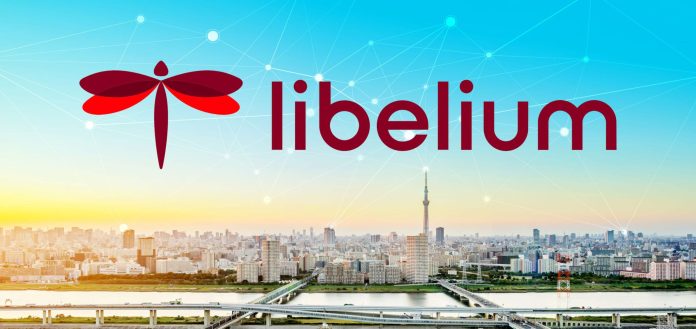Spanish IoT company Libelium has expanded its singular focus on IoT hardware to embrace wider IoT system integration, solution provision, and consultancy. The company has updated it corporate logo and website to go with the shift in its core business offering.
It has been coming; as reported in these pages towards the back-end of 2019, the company wants to capture more complex IoT business opportunities, having served the burgeoning IoT market with keenly sourced hardware solutions for more than a decade already.
Libelium is now pitching itself as a “complete solution provider”, offering “new services” and “different business models”, and going direct to enterprises. A statement from the firm said: “IoT projects require investment in both hardware and infrastructure, but the real value is in the data and information they provide.”
The company implied it is in a position to serve end-users with a combination of its own IoT hardware and software, along with a broadening ecosystem of complementary connectivity, cloud, and analytics solutions from partners.

Alicia Asín, chief executive at Libelium, commented: “Libelium is no longer just a product provider; it is a travel companion that smooths the way for IoT in all of its stages, from data capture through to the extraction of its value.”
The company has introduced a new dragonfly logo – something about the firm spreading its wings on “winds of change” – and refreshed its website to present bespoke solution bundles for various vertical markets. Libelium has curated IoT hardware and software solutions variously for precision agriculture, smart cities, water management, environmental monitoring, and parking detection.
It is also pitching, generally, companies in the industrial, logistics, retail, and tourism sectors. The website also presents a library of technical support guides, along with programming APIs and coding examples for IoT applications.
Asín commented: “Our customers want more than just the excellent solutions we offer; they want to be able to access our expertise across the whole process of their project development, from design and configuration right through to implementation. We are listening to that demand, and now evolving into a global solutions company that can offer new and innovative business models promoting project investments to move from CAPEX to OPEX.”
Asín told Enterprise IoT Insights in November the Zaragoza-based firm will lean on its ecosystem of partners, in the business of sensing and sense-making, and grouped in its IoT Marketplace, to develop and consult on bespoke IoT solutions for its target markets. The IoT sector has so far focused on ‘lower-hanging fruit’, she said, and must now capture a broader and deeper share of enterprise operations.
She added: “We continue to trust and rely on our partners. We do not pretend to be experts on every aspect of the IoT chain. We are ready to lead complete thanks to the collaboration with experts in a number of different areas of IoT. As we evolve, we are already looking to increase the base of our ecosystem of experts by signing new collaboration agreements with manufacturers of sensor devices that want to join our platform.”

